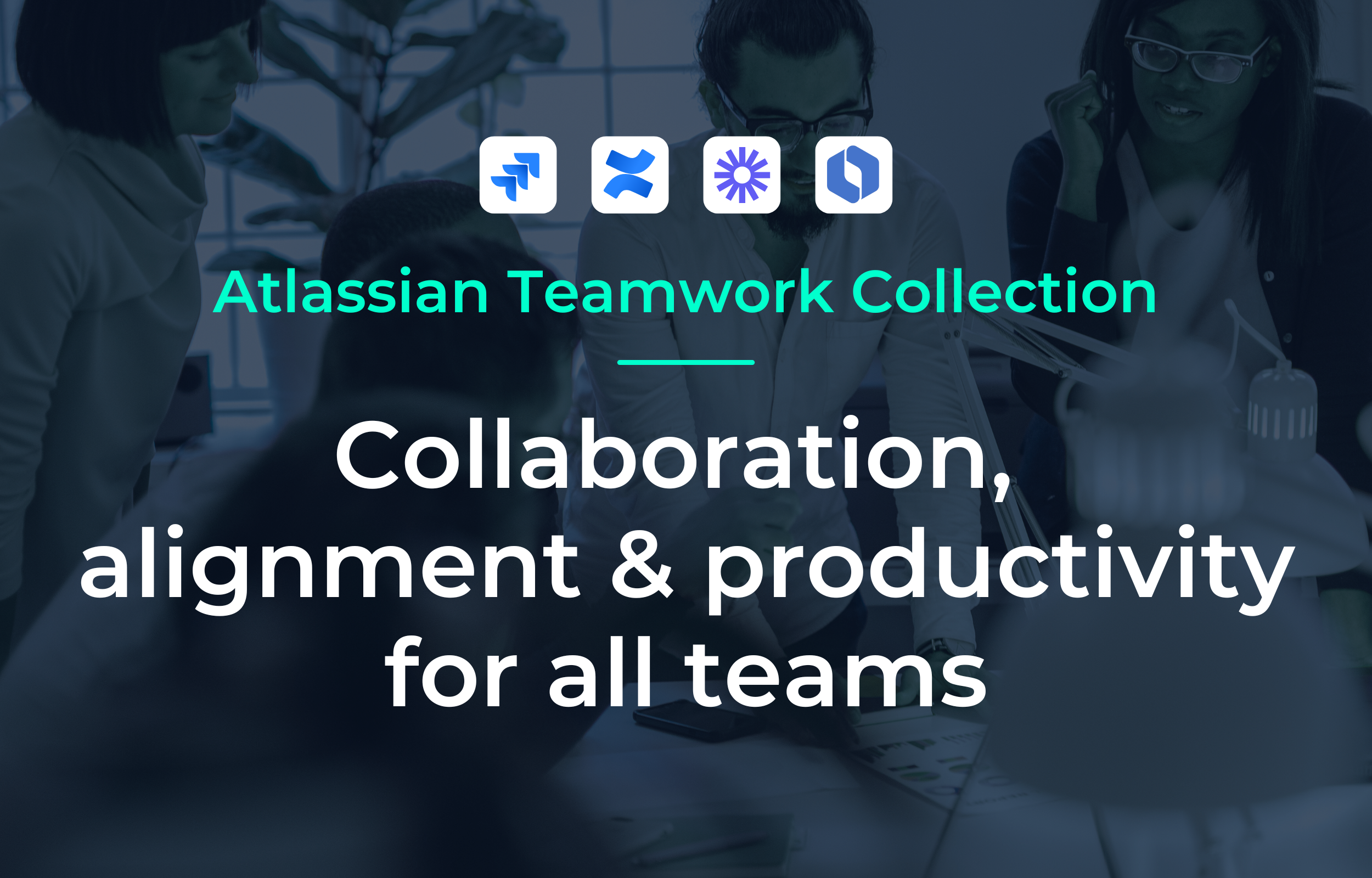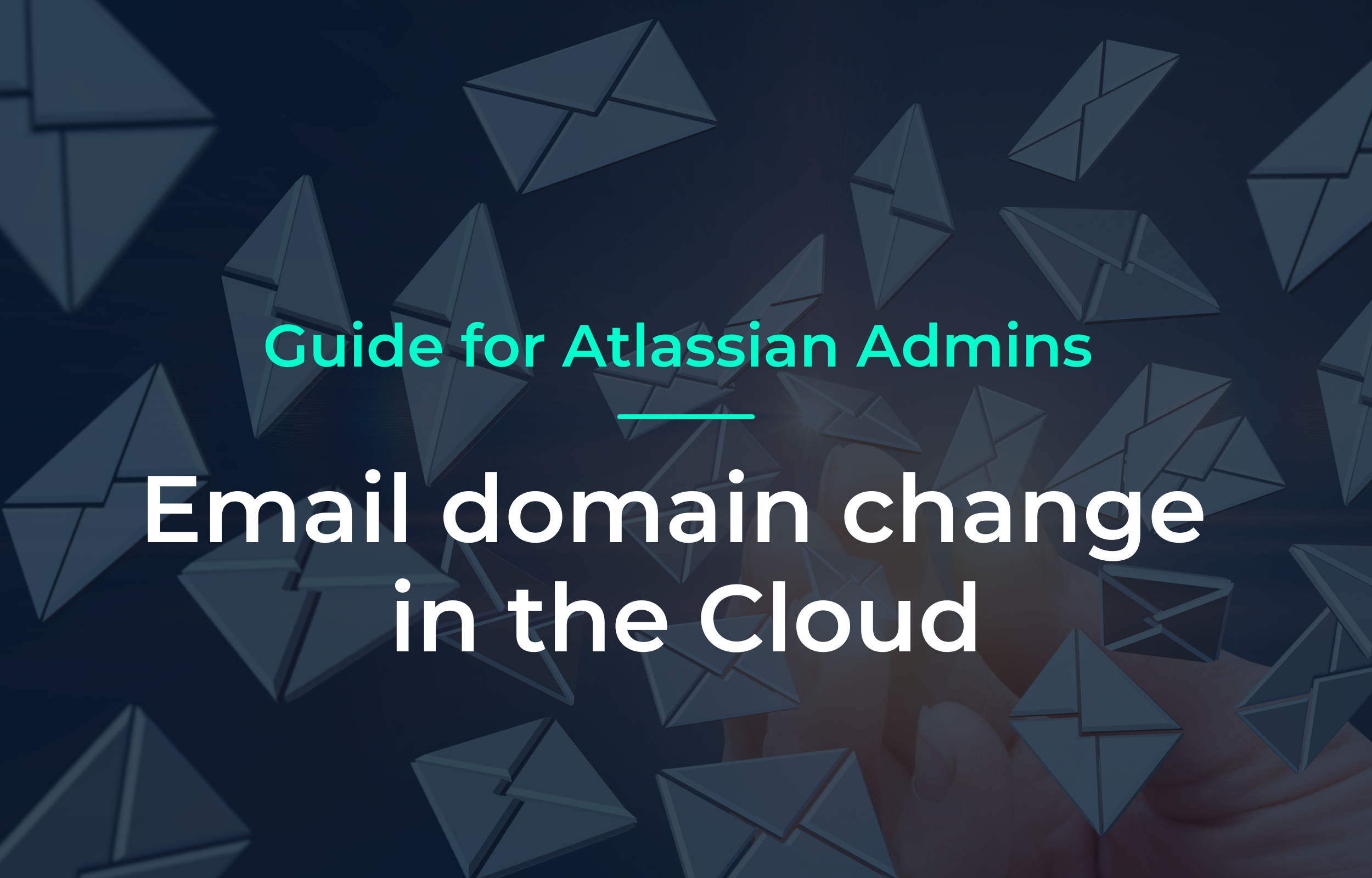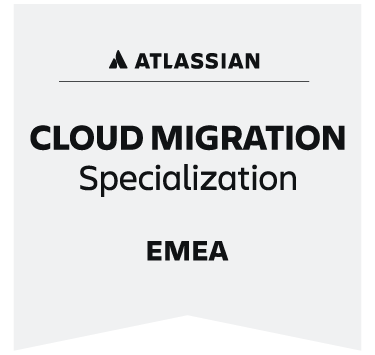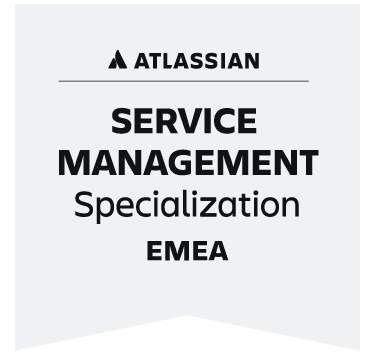With the increasing adoption of new technologies and the shift to cloud-native environments, container orchestration has become an indispensable tool for deploying, scaling and managing containerized applications. Kubernetes, Amazon ECS and Azure Container Apps have emerged as leaders among the many options available. But with so many options, how can you figure out which one is best for your business?
In this article, we'll take an in-depth look at the features and benefits of Kubernetes, Amazon ECS, and Azure Container Apps and compare them side-by-side so you can make an informed decision. We'll address real-world use cases and explore the pros and cons of each option so you can choose the tool that best meets your organization's needs. By the end of this article, you'll have a clear understanding of the benefits and limitations of each tool and be able to make a decision that aligns with your business goals.
Let's get started!
Overview: Container Orchestration Tools
Explanation of the common tools
While Kubernetes is the most widely used container orchestration tool, there are other options that should be considered. Some of the other popular options are:
- Amazon ECS is a fully managed container orchestration service that simplifies the deployment, management, and scaling of Docker containers.
- Azure Container Apps is a fully managed environment that allows you to run microservices and containerized apps on a serverless platform.
- Kubernetes is an open source platform that automates the deployment, scaling and management of containerized applications.
Kubernetes
Let's start with an overview of Kubernetes. Kubernetes was developed by Google and is now maintained by the Cloud Native Computing Foundation. Kubernetes is an open source platform that automates the deployment, scaling, and management of container applications. Its flexibility and scalability make it a popular choice for organizations of all sizes, from small startups to large enterprises.
Why is Kubernetes so popular?
Kubernetes is widely considered the industry standard for container orchestration, and for good reason. It offers a wide range of features that make it ideal for large-scale, production-scale deployment.
- Automatic scaling: Kubernetes can automatically increase or decrease the number of replicas of a containerized application based on resource utilization.
- Self-healing: Kubernetes can automatically replace or reschedule containers that fail.
- Service discovery and load balancing: Kubernetes can automatically discover services and balance traffic between them.
- Rollbacks and rollouts: With Kubernetes, you can easily revert to a previous version of your application or do a gradual rollout of updates.
- High availability: Kubernetes can automatically schedule and manage application replica availability.
The Kubernetes ecosystem also includes Internet-of-Things (IoT) deployments. There are special Kubernetes distributions (e.g. k3s, kubeedge, microk8s) that allow Kubernetes to be installed on telecom devices, satellites, or even a Boston Dynamics robot dog.
The main advantages of Kubernetes
One of the key benefits of Kubernetes is its ability to manage many nodes and containers, making it particularly suitable for organizations with high scaling requirements. Many of the largest and most complex applications in production today, such as those from Google, Uber, and Shopify, are powered by Kubernetes.
Another great advantage of Kubernetes is its wide ecosystem of third-party extensions and tools. They easily integrate with other services such as monitoring and logging platforms, CI/CD pipelines, and others. This flexibility allows organizations to develop and manage their applications in the way that best suits their needs.
Disadvantages of Kubernetes
But Kubernetes is not without its drawbacks. One of the biggest criticisms of Kubernetes is that it can be complex to set up and manage, especially for smaller companies without dedicated DevOps teams. In addition, some users report that Kubernetes can be resource intensive, which can be a problem for organizations with limited resources.
So is Kubernetes the right choice for your business?
If you're looking for a highly scalable, flexible, and feature-rich platform with a large ecosystem of third-party extensions, Kubernetes may be the perfect choice. However, if you are a smaller organization with limited resources and little experience with container orchestration, you should consider other options.
Managed Kubernetes Services
Want to take advantage of the scalability and flexibility of Kubernetes, but don't have the resources or experience to handle the complexity? There are managed Kubernetes services like GKE, EKS and AKS that can help you overcome that.
Kubernetes offerings in the cloud significantly lower the barrier to entry for Kubernetes adoption because of lower installation and maintenance costs. However, this does not mean that there are no costs at all, as most offerings have a shared responsibility model. For example, upgrades to Kubernetes clusters are typically performed by the owner of a Kubernetes cluster, not the cloud provider. Version upgrades require planning and an appropriate testing framework for your applications to ensure a smooth transition.
Use cases
Kubernetes is used by many of the world's largest companies, including Google, Facebook and Uber. It is well suited for large-scale, production-ready deployments.
- Google: Google uses Kubernetes to manage the delivery of its search and advertising services.
- Netflix: Netflix uses Kubernetes to deploy and manage its microservices.
- IBM: IBM uses Kubernetes to manage its cloud services.
Comparison with other orchestration tools
While Kubernetes is widely considered the industry standard for container orchestration, it may not be the best solution for every organization. For example, if you have a small deployment or a limited budget, you may be better off with a simpler tool like Amazon ECS or even a simple container engine installation. For large, production-ready deployments, however, Kubernetes is hard to beat.
Advantages and disadvantages of Kubernetes as a container orchestration tool
| Highly scalable and flexible | Can be complex to set up and manage |
| Large ecosystem of third-party extensions | Resource-intensive |
| Widespread use in production by large companies | Steep learning curve for smaller organizations without their own DevOps teams |
| Managed Kubernetes services available to manage complexity | |
| Can be installed on IoT devices |
Amazon ECS: A powerful and scalable container management service
Amazon Elastic Container Service (ECS) is a highly scalable, high-performance container management service provided by Amazon Web Services (AWS). It allows you to run and manage Docker applications on a cluster of Amazon EC2 instances and provides a variety of features to help you optimize your container-based applications.
Features and Benefits Amazon ECS is characterized by a rich set of features and tight integration with other AWS services. It works hand-in-hand with the AWS CLI and Management Console, making it easy to launch, scale, and monitor your containerized applications.
ECS is fully managed by AWS, so you don't have to worry about managing the underlying infrastructure. It builds on the robustness of AWS and is compatible with a wide range of AWS tools and services.
Why is Amazon ECS so popular?
Amazon ECS is popular for a number of reasons, making it suitable for a variety of deployment scenarios:
- Powerful and easy to use: Amazon ECS integrates well with the AWS CLI and AWS Management Console and provides a seamless experience for developers already using AWS.
- Scalability: ECS is designed to easily handle large, enterprise-wide deployments and automatically scales to meet the needs of your application.
- High availability: ECS ensures high availability by enabling deployment in multiple regions, providing redundancy, and maintaining application availability.
- Cost-effective: With ECS, you only pay for the AWS resources you use (e.g. EC2 instances, EBS volumes) and there are no additional upfront or licensing costs.
Use cases
Amazon ECS is suitable for large deployments and for enterprises looking for a fully managed container orchestration service.
- Large-scale deployment: Due to its high scalability, ECS is an excellent choice for large-scale deployment of containerized applications.
- Fully managed service: For organizations that do not want to manage their infrastructure themselves, ECS offers a fully managed service where the underlying servers and their configuration are managed by AWS.
Azure Container Apps: A managed and serverless container service
Azure Container Apps is a serverless container service provided by Microsoft Azure. It allows you to easily build, deploy, and scale containerized apps without having to worry about the underlying infrastructure.
Features and benefits Azure Container Apps offers simplicity and integration with Azure services. The intuitive user interface and good integration with the Azure CLI simplify the management of your containerized apps.
With Azure Container Apps, the infrastructure is fully managed by Microsoft Azure. It is also based on Azure's robust architecture, which ensures seamless interoperability with other Azure services.
Why is Azure Container Apps so popular?
Azure Container Apps offers a number of benefits that are suitable for a wide range of deployments:
- Ease of use: Azure Container Apps is integrated with the Azure CLI and Azure Portal, providing a familiar interface for developers already using Azure.
- Serverless: Azure Container Apps abstracts the underlying infrastructure, giving developers more freedom to focus on programming and less on operations.
- Highly scalable: Azure Container Apps can scale automatically to meet the needs of your application, making it well suited for applications with fluctuating demand.
- Cost-effective: Azure Container Apps is only charged for the resources you use, and there are no additional infrastructure or licensing costs.
Use cases
Azure Container Apps is great for applications that require scalability and a serverless deployment model.
- Scalable applications: Because Azure Container Apps automatically scales, it is ideal for applications that need to handle variable workloads.
- Serverless model: Azure Container Apps offers a serverless deployment model for organizations that prefer not to manage servers and want to focus more on application development.
Amazon ECS vs. Azure CA vs. Kubernetes
Both Amazon ECS and Azure Container Apps are strong contenders in the container orchestration tool space. They offer robust, fully managed services that abstract the underlying infrastructure so developers can focus on their application code. However, they also cater to specific needs and ecosystems.
Amazon ECS is deeply integrated into the AWS ecosystem and is designed to easily handle large, enterprise-scale deployments. Azure Container Apps, on the other hand, operates on a serverless model and offers excellent scalability features, making it well suited for applications with fluctuating demand.
Here is a table for comparison to illustrate these points:
| Amazon ECS | Azure Container Apps | Kubernetes | |
|---|---|---|---|
| Ecosystem compatibility | Deep integration with AWS services | Deep integration with Azure services | Widely compatible with many cloud providers |
| Deployment model | Managed service on EC2 instances | Serverless | Self-managed and hosted options available |
| Scalability | Designed for large-scale implementations | Excellent for variable demand (automatic scaling) | Highly scalable with manual configuration |
| Management | Fully managed by AWS | Fully managed by Microsoft Azure | Manual, with complexity |
| Costs | Payment for AWS resources used | Pay for resources used, serverless model | Depends on hosting environment, can be cost-effective if self-managed |
| High availabilityt | Cross-regional deployments for high availability | Managed high availability | Manual setup required for high availability |
When choosing the right container orchestration tool for your organization, it's important to carefully evaluate your specific needs and compare them to the features and benefits of each tool.
Are you looking for a tool that can handle different workloads? Or are you looking for a simple and flexible tool that is easy to manage? Or are you looking for a tool that focuses on multi-cluster management and security?
Check out these options and see which one best fits your needs.
Conclusion
In this article, we've explored the features and benefits of Kubernetes, Amazon ECS, Azure Containers, and other popular container orchestration tools and compared them side-by-side to help you make an informed decision. We also examined real-world use cases and reviewed the pros and cons of each option, found that Kubernetes is widely considered the industry standard for container orchestration and is well suited for large-scale, production-ready deployments. We also saw that each container orchestration tool has its pros and cons.







